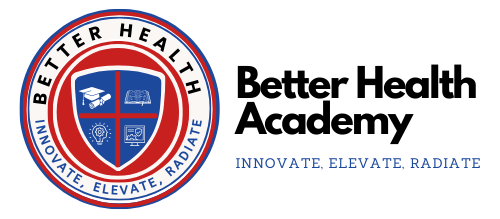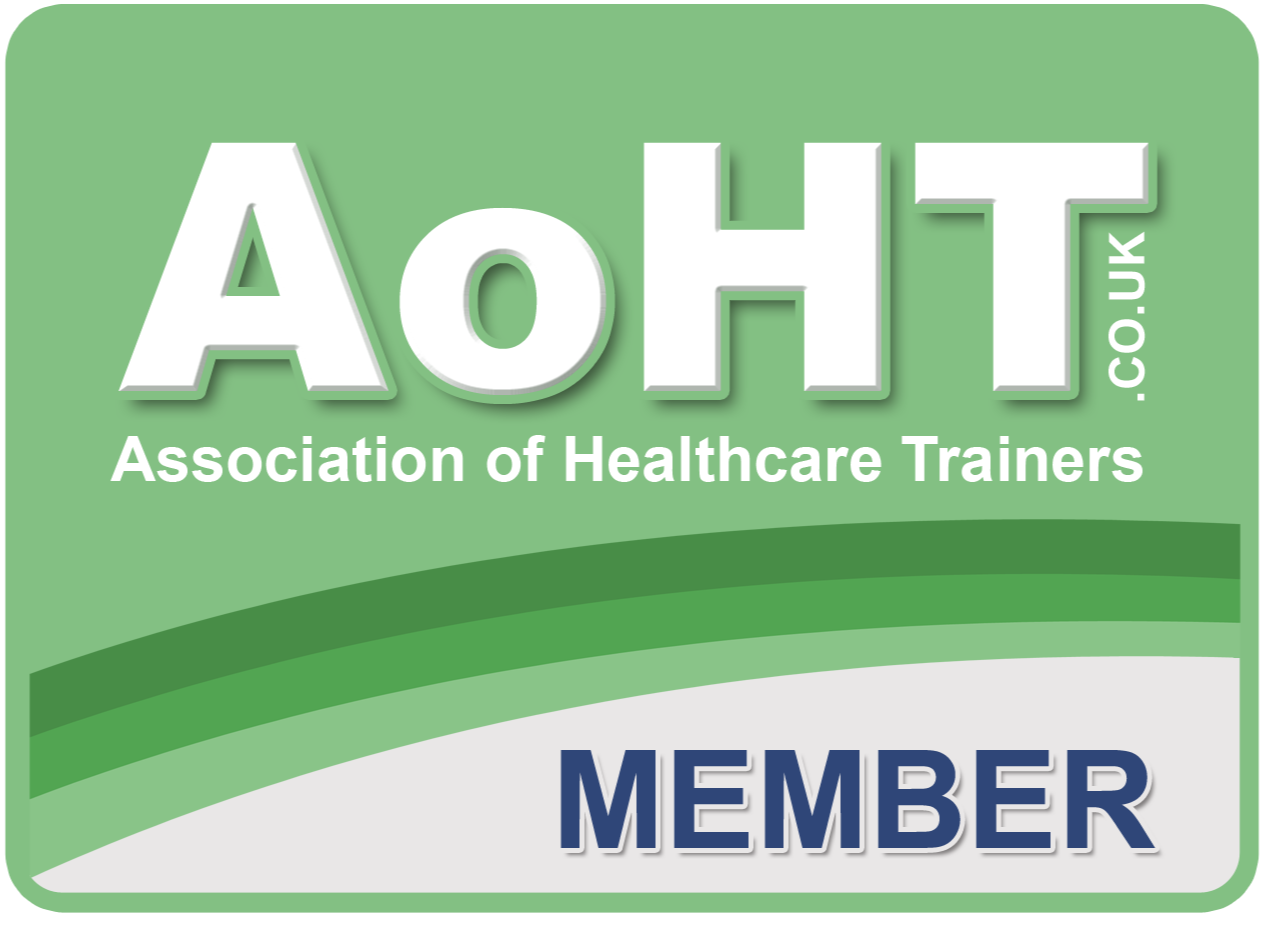Nclex Review Program
Physiologic Integrity
Unlock your nursing potential with our dynamic course tailored for aspiring nurses and seasoned professionals gearing up for the NCLEX-RN exam! Dive deep into the vital Physiological Integrity domain, structured around four engaging categories: Basic Care & Comfort, Pharmacological & Parenteral Therapies, Reduction of Risk Potential, and Physiological Adaptation. Each section is packed with essential concepts and skills that empower you to deliver safe and effective patient care, all while mastering the fascinating world of physiological principles. Get ready to excel and make a real difference in healthcare!
Write your awesome label here.
What you'll learn
Meet your Instructor
Geoffrey Magembe is a passionate Medical Educator who has been inspiring minds since 2018. With a solid foundation in nursing, he holds a Bachelor Degree in Nursing (BScN) from the prestigious Aga Khan University Nairobi, complemented by an advanced diploma in Medical Education. Over the past six years, Geoffrey has honed his skills and techniques, teaching a diverse range of students and making a significant impact in their educational journeys.
As the Founder & CEO of Better Health Academy, Geoffrey has created a vibrant platform dedicated to fostering knowledge and promoting excellence in medical education. His vision is to cultivate an environment where learners feel empowered and motivated to reach their full potential. Geoffrey thrives on mentoring individuals, providing guidance, support, and encouragement as they navigate their educational paths.
He is particularly passionate about developing meaningful and effective content that resonates with students, ensuring that each lesson is not only informative but also engaging and enjoyable. Geoffrey believes that education should be a transformative experience, one that inspires curiosity and encourages lifelong learning.
Looking ahead, he eagerly anticipates sharing his love for teaching and his innovative approach to building impactful educational materials. By doing so, he aims to help all students unlock their abilities, instilling in them the confidence and skills necessary to excel in their careers and contribute positively to the healthcare community. Geoffrey Magembe is not just an educator; he is a dedicated mentor committed to shaping the future of medical education.
Write your awesome label here.


